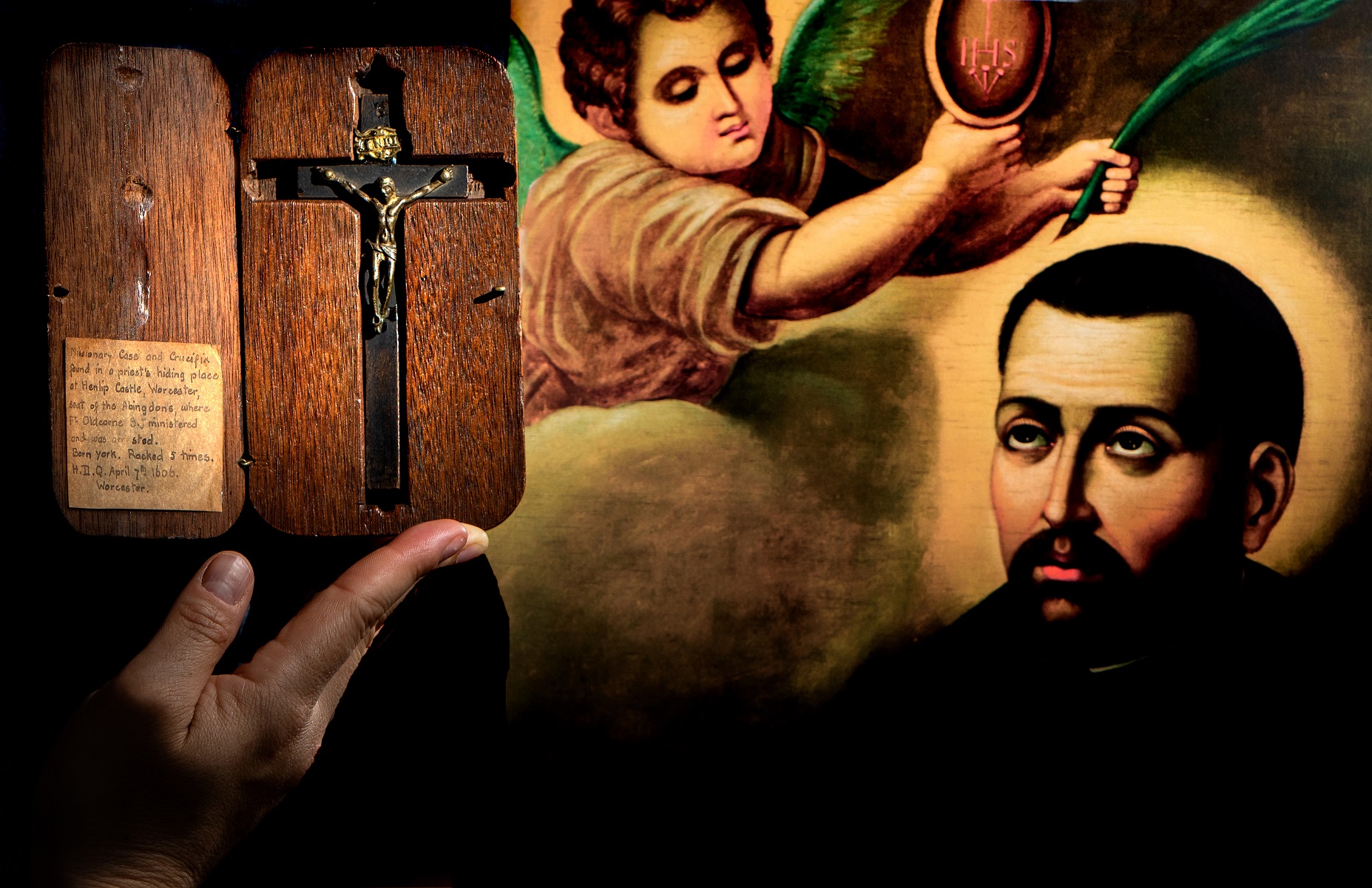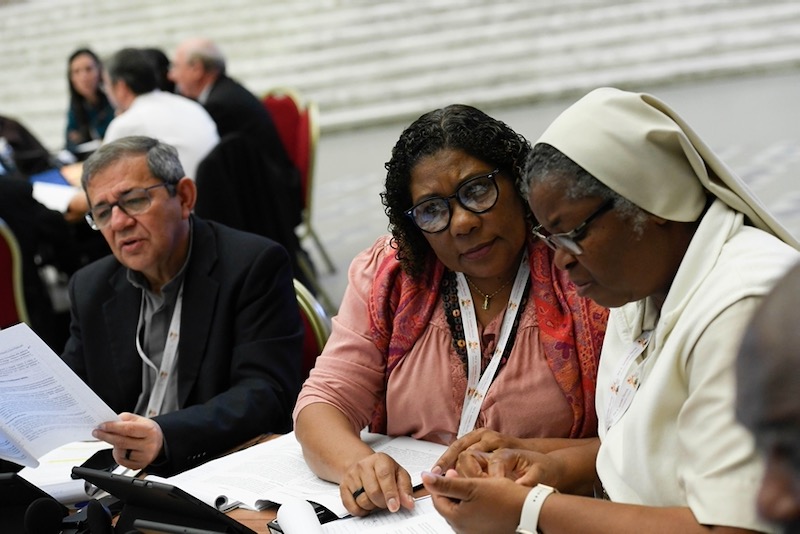A dividing line has emerged at the Synod between those who believe this Synod, with its different process and the inclusion of lay delegates, marks a positive development and those who think it is a serious mistake. The Synod’s sceptics, who are not numerous but have been vocal, are questioning the status of the assembly: how can it be a Synod of Bishops if it includes non-bishop voting members? By questioning its authority, however, they make it easier to distance themselves from any reforms it adopts.
I raised this issue with the Dominican Cardinal Christoph Schönborn, perhaps the most respected theologian in the Church’s hierarchy. He studied under Joseph Ratzinger – later Pope Benedict XVI – before becoming a university professor and was the editor of the Catechism before being appointed the Archbishop of Vienna. He has attended many Synods. Did he think the inclusion of laypeople diminished the Synod’s status. “I can’t see the problem,” he said at a press briefing. “It remains an episcopal Synod, with the real participation of non-bishops.”
Cardinal Schönborn agreed it has been “enlarged”, but the nature of the Synod has not changed. He pointed out that lay experts had made important contributions to Synods in the past. There was a stronger connection with lay people, but he saw this as a “positive” thing.
Several bishops have taken to the Synod floor to ask about the nature of the Synod’s structure and authority. Furthermore, the Archbishop of Sydney, Anthony Fisher — a Dominican, like Cardinal Schönborn — raised the point in an interview with the Catholic News Agency: “What is its [the Synod’s] authority? … Is it trying to be the bishops like the gathering of the apostles? Or is it trying to be the gathering of all the baptised?” he said. “I think we need to do probably a lot more thinking about, well, what does all that mean ecclesiologically, canonically, practically?”
The Tablet understands that Cardinal Mario Grech, the secretary-general of the Synod office, responded to those questioning the structure and authority of the body on the Synod hall. He pointed out that the make-up of the Synod was approved by Pope Francis and convoked according to the Synod rules set out in the constitution Epsicopalis Communio. That document states that “certain others who are not bishops may be summoned to the Synod Assembly; their role is determined in each case by the Roman pontiff.”
Pope Paul VI established the Synod of Bishops at the end of the Second Vatican Council to foster collegiality between the bishops, assist the Pope and continue the experience of the council. Paul VI also said, “Like all human institutions, [the Synod] can be improved upon with the passing of time.”
The Maltese cardinal went on to say that the new structure does not undermine the Synod established by Paul VI but has given it a new shape according to the doctrine of the Second Vatican Council and its emphasis on the Church as the People of God. He said lay members of the Synod are not there as representatives of particular groups but to give witness. The cardinal added that, if anything, the authority of the Synod is strengthened by the involvement of non-bishops
It seems likely that this debate will continue among theologians and canonists. It is likely to focus on the specific role of the bishops to teach, sanctify and govern the Church and whether a Synod with lay voting delegates is still an exercise in collegiality (the Pope governing the Church with the bishops).
But the questioning of the Synod also sets the context for the Pope’s intervention from the Synod floor, where he emphasised the Church as the “the holy faithful people of God” and gave another blistering critique of clericalism.
“We members of the hierarchy come from that people, and we have received the faith of that people, generally from our mothers and grandmothers,” he pointed out.
Francis’ words emphasise that the bishops of the Church do not exist in isolation from the people. This is what the updated Synod structure seeks to put into practice.



 Loading ...
Loading ...